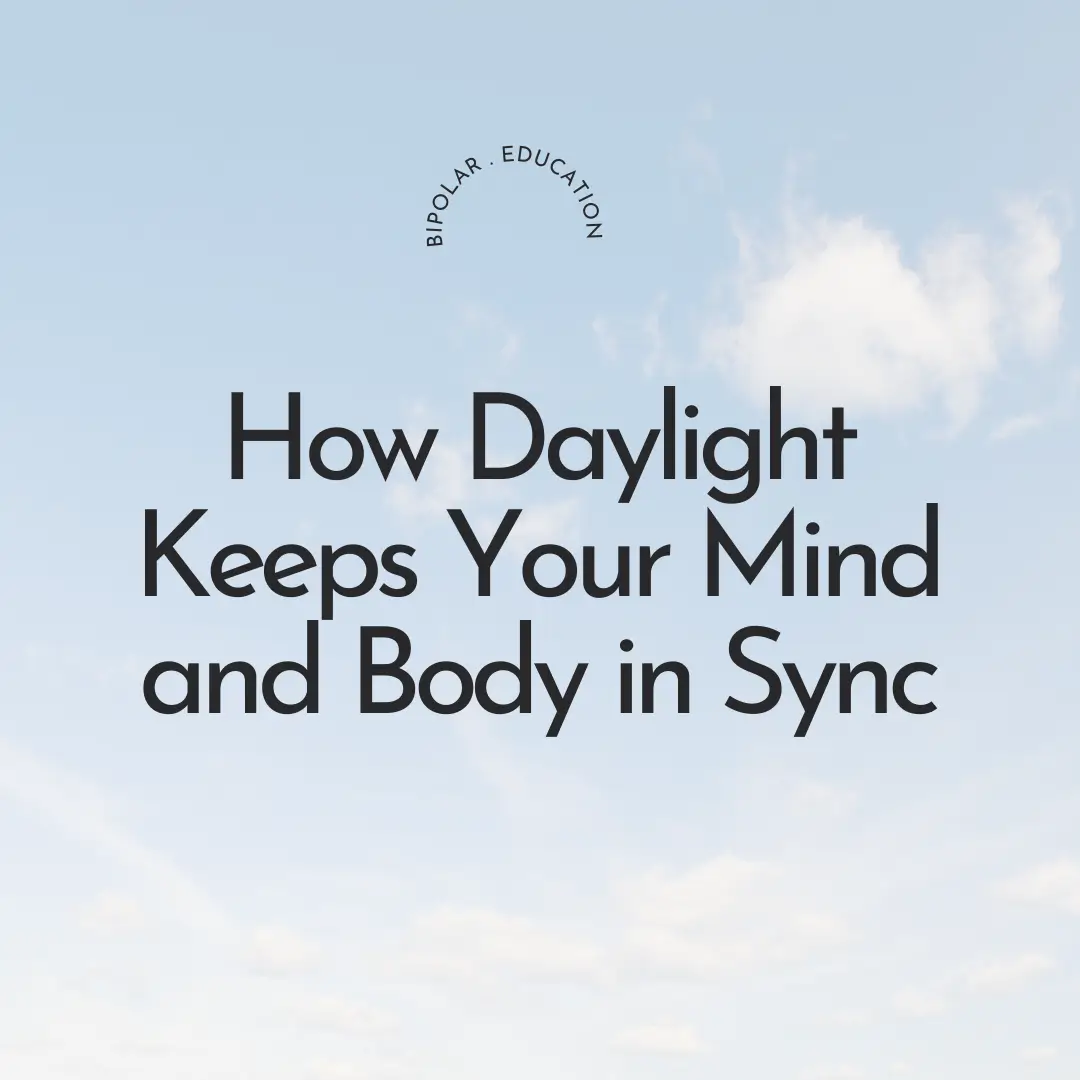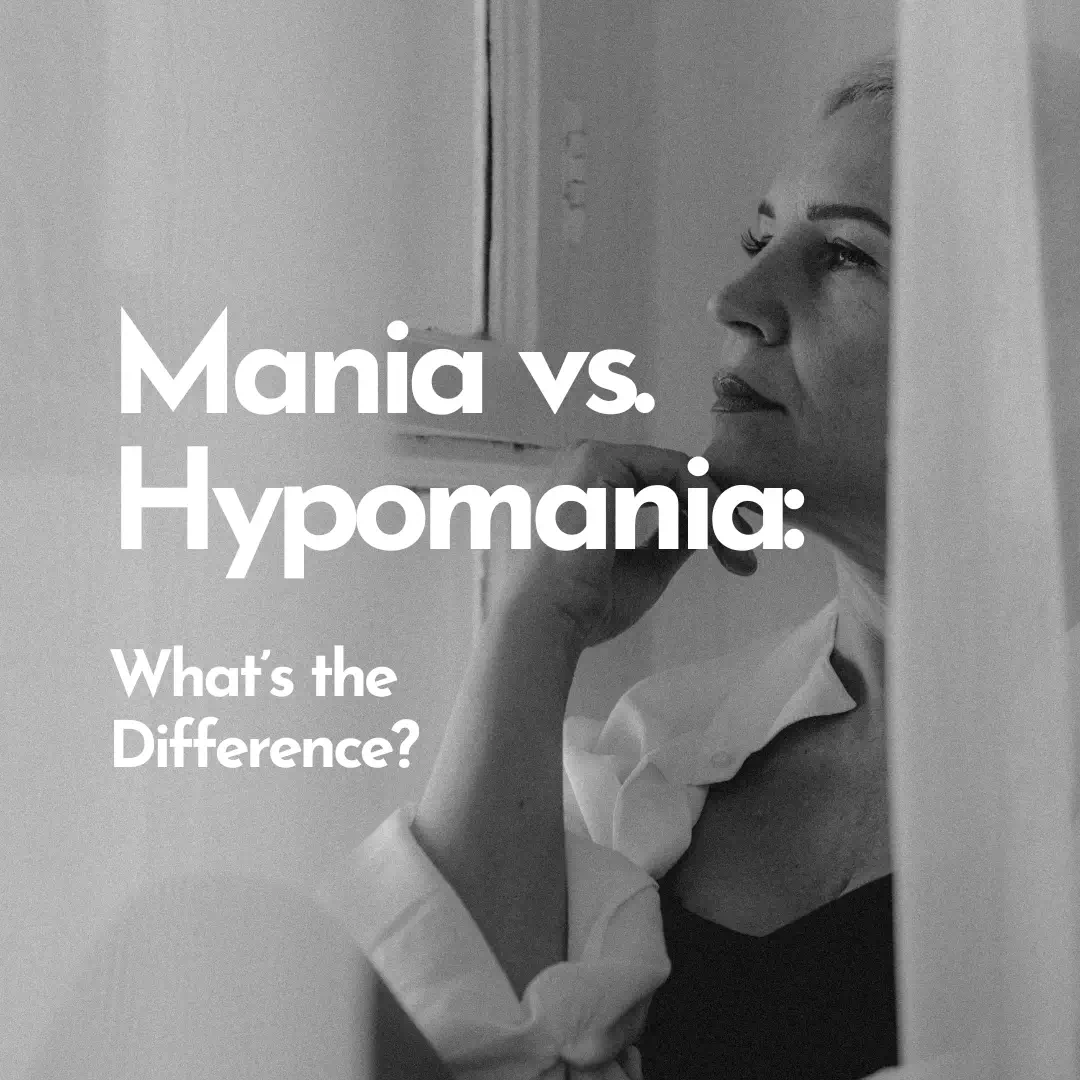When I sit down with patients, I often hear, “I’ve been eating everything in sight lately,” or the opposite, “I just don’t feel like eating anymore.” Changes in appetite and weight are common with bipolar disorder, and they can feel like one more thing that’s out of your control. But here’s the thing—your plate might be reflecting what’s happening with your mood, and understanding the connection is a big step forward.
Why Does Bipolar Mess With Appetite?
Bipolar disorder doesn’t just shift your energy and emotions—it can also throw your eating habits into chaos. During depressive episodes, it’s common to lose your appetite altogether. Food might seem unappealing, and you could even forget to eat, leading to unintentional weight loss. On the flip side, some people find themselves reaching for comfort foods, like sugary treats or carb-heavy snacks, to soothe the emotional lows. This can lead to weight gain that sneaks up on you.
In manic or hypomanic episodes, it’s a whole different ballgame. Some people get so caught up in their whirlwind of activity that they skip meals entirely, leading to weight loss. Others might make impulsive food choices—think late-night fast food runs or eating whatever’s easiest—without considering the consequences.
Don’t Forget About Medications
Let’s not forget the role of medications here. Some mood stabilizers and antipsychotics can increase appetite and cause weight gain, while others might suppress it. It’s all about finding the right balance, and that often takes some trial and error with your doctor’s guidance.
Why It Matters
Appetite and weight changes aren’t just about how you look—they’re about how you feel. Unintended weight loss can sap your energy, while weight gain might affect your confidence or lead to health issues like diabetes. Patients often tell me it’s frustrating to feel like their eating habits and body are at the mercy of their mood. But there’s good news: you’re not powerless in this.
Taking Back Control of the Plate
Here’s what I recommend to help you manage appetite and weight changes:
- Track What’s Happening: Start a simple mood and food journal. Write down how you’re feeling and what you’re eating. You might spot patterns, like overeating when you’re feeling low or skipping meals during hypomania.
- Stick to a Routine: Try to eat three balanced meals a day, even if they’re small, regardless of where your mood is. Focus on foods that give you sustained energy—think lean proteins, whole grains, and veggies. Skipping meals can lead to binges. Protein at every meal helps curb appetite and increase satiation.
- Stock up the work fridge: prepare a healthy selection of ready made meals and snacks that can live in the office fridge or kitchen so you always have a healthy option. Ideas to include are tinned tuna, salmon, kidney beans, chick peas, individually sealed precooked brown rice, nuts, seeds, muesli, cheese portions.
- Move Your Body: A little exercise goes a long way. Whether it’s a walk around the block or a dance session in your kitchen, movement can help regulate appetite and boost your mood.
- Talk to Your Doctor: If medication is affecting your appetite or weight, don’t hesitate to bring it up. There are often options to help you feel more in control.
It’s All About Balance
Appetite and weight changes can feel overwhelming, but they’re just one piece of the bipolar puzzle. By understanding what’s going on and making small, manageable adjustments, you can take back control.
If you’re looking for more tips and tools, my self-paced e-learning module dives deeper into managing bipolar symptoms—including those that show up on your plate. You’ve got this, and I’m here to help.




